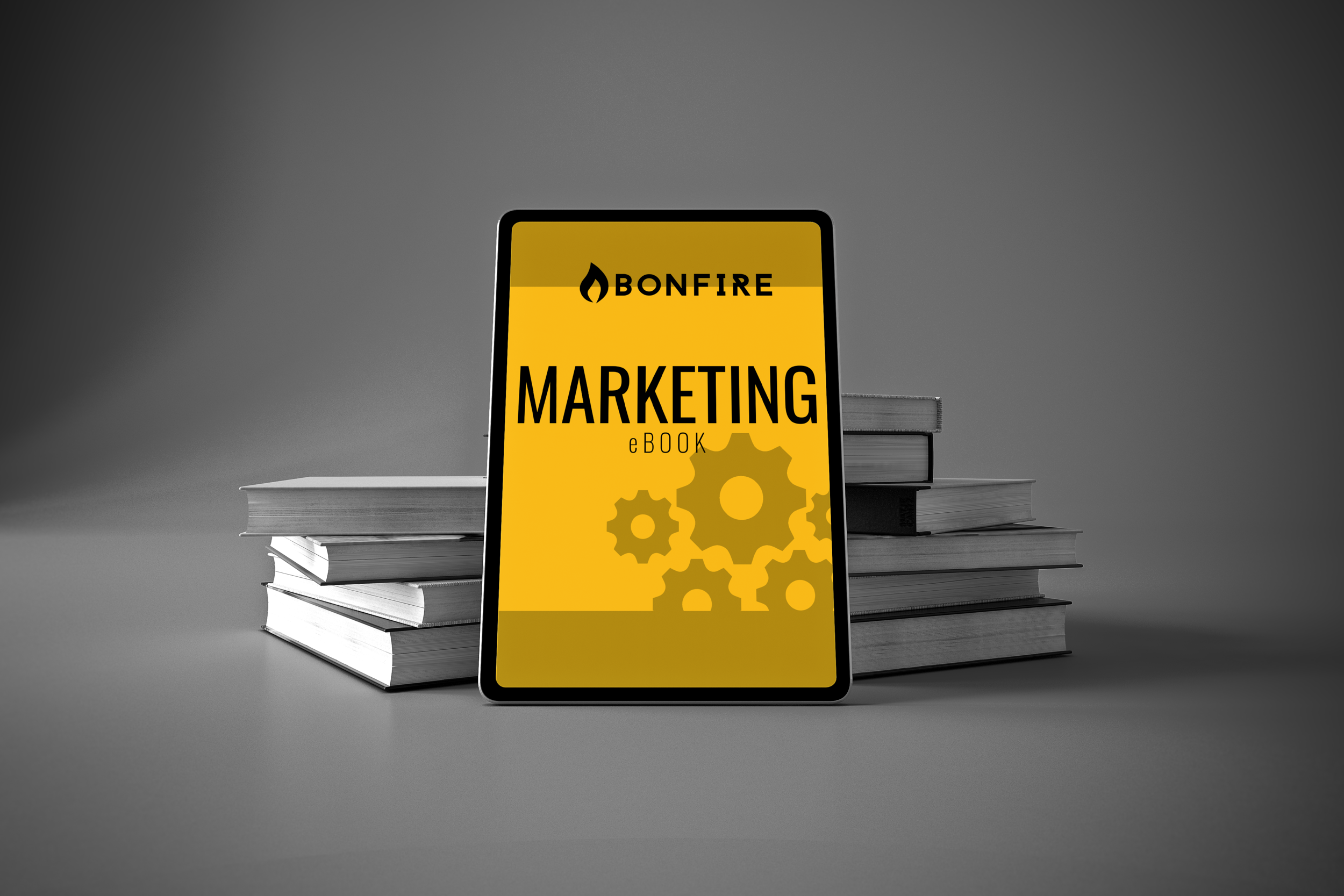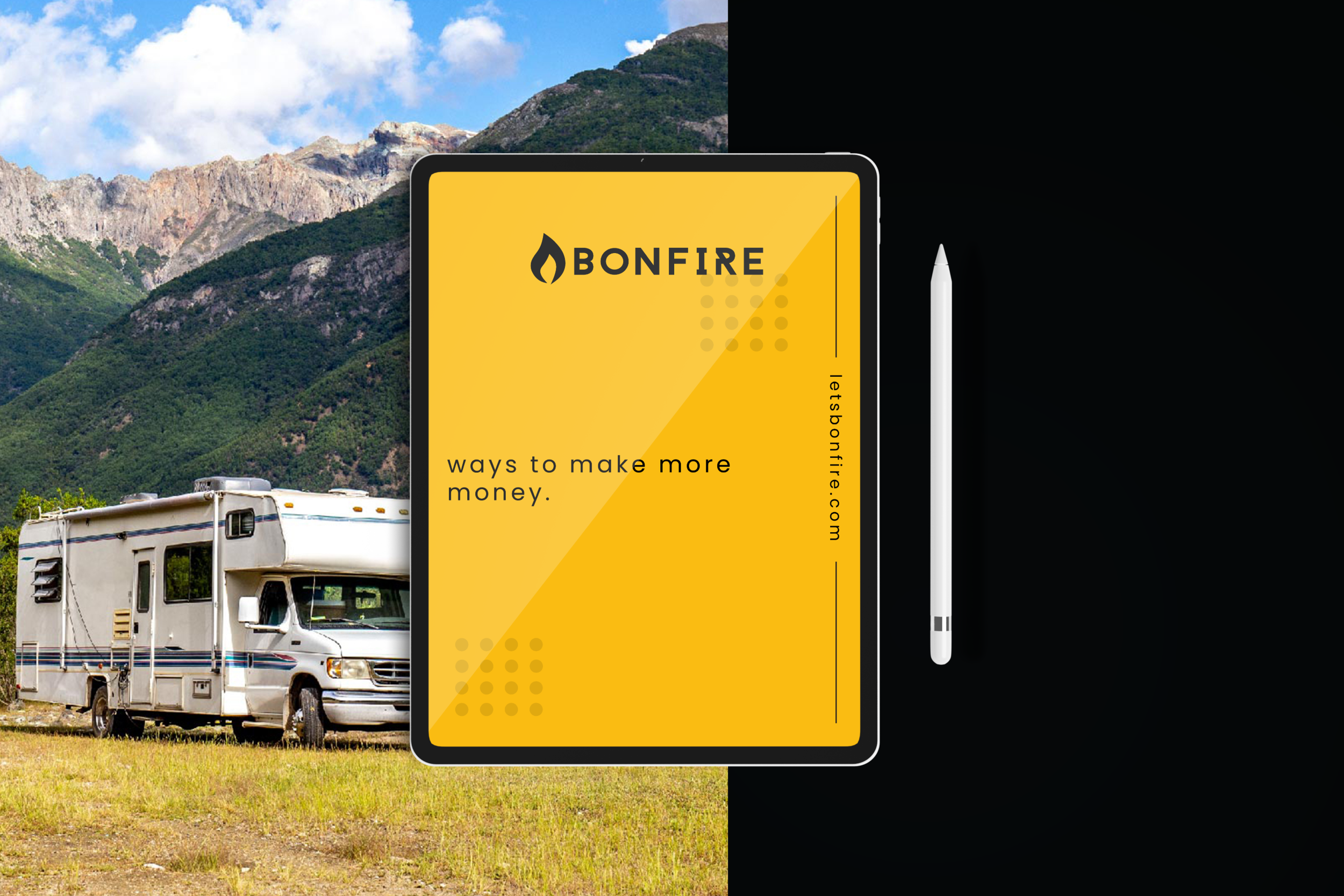Thinking of getting out of the corporate world or investing your money for the future? We understand. In recent years an increasing number of Americans are seeking respite from the daily grind by retreating to nature. Pastimes such as hiking, camping, and other outdoor activities are on the rise. In fact, each year since 2014, 1 million additional American households have added camping to their yearly retreats.
Buying a campground might be a great investment for you and/or your family. However, it does come with risks. If you are in the market or thinking about getting into the market, here are a few tips on how to buy a campground.
First, let’s start out with what might be the most important part… the land.
One of the first things to think about is the climate. Are there off-seasons or seasons when your land cannot be used effectively?
Think about the proximity to activities such as hiking, rafting, and restaurants. If the surrounding areas have amenities you piggyback off them when marketing your campground.
You will need to ask the city, zoning committee and sometimes even the city council for approval in order to get permits. On top of that, bringing out electric and water normally proves to be pretty expensive. That is why some choose to only look for lots used previously as campgrounds and RV parks.
Clubs or associations you will want to join in the future can also impact the land you buy. For instance, to be a KOA sponsored park, you must have at least 75 Rv Sites.
If you are thinking about bringing in the locals start exploring ads with popular radio stations, giving back to the community or even allowing people to stay there for free during the first weekend you are open to getting the word out there.
Now let’s move on to the money side…
1. The Down-Payment
When purchasing an RV Park or campground, you have to have a hefty down payment of 20-30%. There really are not any good ways around this. Why? Unlike buying a home, you are purchasing a business with 3 parts.
Recreational Land
A Business
A Home
Although they are all joined physically, they are analyzed separately, so, you need a little cash flow. A lot of new owners sell their homes and use the money made to pay for the down-payment. One thing to keep in mind, however, is that park owners will not hold their park while you sell your house. So, it is a bit of a gamble. You can also consider using other assets for down payments as well.
2. Extra Cash
Even after the down-payment, remember you will need to have some cash in the bank for general operating costs, to make improvements and for tools, your business needs to get off the ground like Bonfire’s campground reservation management software.
3. Loans
There are several loan options out there besides a loan from banks. You can apply for an SBA (Small Business Administration) loan. If a bank is hesitant to give you a loan, they could require an SBA guarantee. You still HAVE to have the down-payment. The interest rates on these loans are also much higher. Bank loans are your best bet but again, you must have a downpayment of 20-30% upfront in order to qualify.
4. 401K Small Business Financing
This can get a little tricky. The easiest way to use your 401k makes it impossible to become a full-time employee of the campground as you have to keep working for the employer your 401k is through until the loan is paid off. The harder way is to apply for ROBS (Roll-Over for Business Startups), but it allows you to work full time for your new campground. For ROBS, first, you have to structure your business as a C-corporation. Then, you have to set up a new retirement plan under the C-corp. At that point, you roll over the funds from your existing retirement plan into the new company’s retirement plan. Finally, your new corporation sells stock to the retirement plan, and the company uses the proceeds from the sale as a source of capital. (One catch: You can’t pay owners’ salaries from these funds.)
There are four main eligibility requirements for a ROBS:
• You need an eligible retirement account—such as a 401(k), 403(b), SEP, Keogh, or traditional IRA. Roth accounts are not eligible.
• The retirement account must have at least $50,000.
• The business owner should be an employee of the business and receive a salary.
• You must either have a C-corp or be willing to structure your business as a C-corp.
For more on the above click here.
4. Seller Financing
Some park owners will allow you to pay a downpayment and create an installment plan over a fixed number of years. This is normally a great option for new purchasers and sellers. Many sellers will put stipulations in the agreement not allowing you to expand, cut leases or other things that might change how the park operates. So, depending on how you want to run your park, this may or may not work for you.
5. When To Start Talking to Banks
The best time to start talking to a bank is when you have a contract in hand from the campground. After all, terms and the contracted price is what the banks will need to see in order to give you the loan.
6. Next Steps
After you have a signed contract and a loan agreement, you have approx. 30-60 to do your due diligence on the property and business. Now is when you should investigate the business’s tax records, leases, permits, and other assets. The park owner might not be comfortable opening up the books for you prior to a bank signing off. If everything looks good, then the only thing left is to close the deal.
Buying a campground can be a complicated process but the rewards can far outweigh the risks. If you have any questions about the campground purchasing process, please shoot us an email at howdy@letsbonfire.com.





